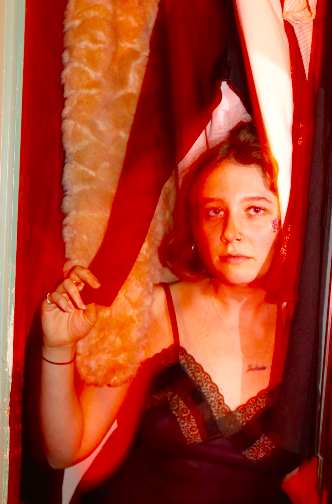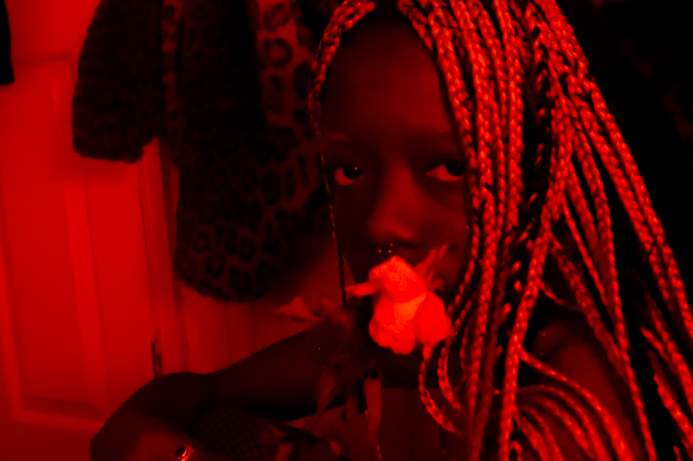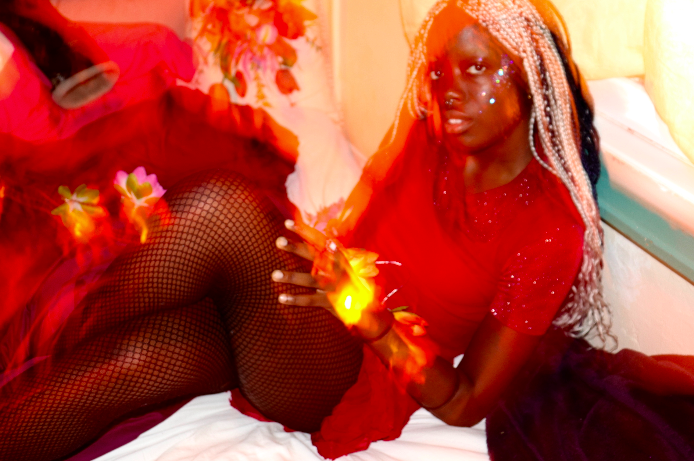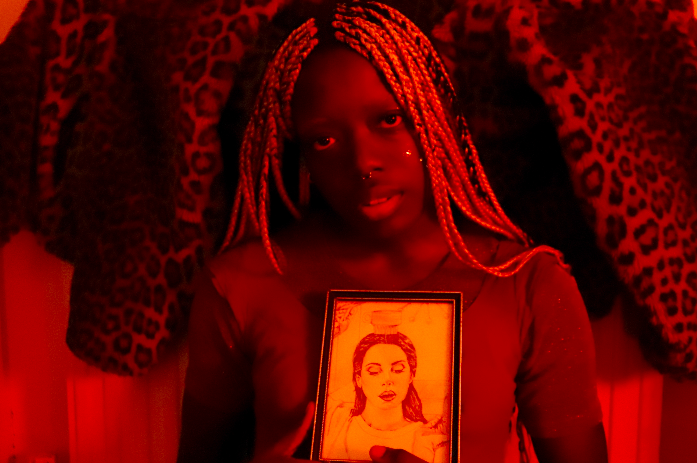A row has erupted at the top of the Oxford Union over President Stephen Horvath’s last-minute announcement to host Donald Trump’s former right-hand man Steve Bannon.
Union secretary Nick Brown has called an emergency meeting of Standing Committee – the society’s governing body – to vote on cancelling the event on Friday, which has already prompted several student protests calling on the invite to be withdrawn.
The move follows claims that the Bannon event had been kept under wraps by the President for several weeks in advance. Three Union insiders told Cherwell that a majority of Standing Committee were not informed of the decision to host Bannon until the event was made public on Wednesday morning.
Following Wednesday’s announcement, student campaign groups announced demonstrations against the decision to host Bannon, who has been accused of promoting populism, anti-Semitism, and white supremacy. By Wednesday afternoon, over 170 people had marked themselves as “going” to a protest outside the Union on Friday.
Brown’s motion reads: “I, Nick Brown, hereby requisition an emergency meeting of the Standing Committee for 3pm on 15 November in the Macmillan Room. The purpose of the emergency meeting will be to discuss and vote on whether the Standing Committee should direct the President to disinvite Steve Bannon.”
The motion was signed by Brown, the Union’s treasurer-elect Amy Gregg, and Standing Committee member Anisha Faruk.
Earlier in the term, German far-right leader Alice Weidel cancelled her Union event, after widespread opposition from student groups.
Announcing the Bannon event earlier today, Horvath said: “I am sure there will be people who challenge the value of free speech in relation to this invitation. The event with Mr Bannon provides an opportunity for our members to hear from an individual who has been at the centre of a rise in right-wing populism, as well as to critically question and debate the ideas and rhetoric of Mr Bannon.
“It is only through listening to the opinions of others that we can fully understand those opinions. Whether we are inclined to agree or disagree with them, there is a profound intellectual value in critically thinking through why we agree or disagree instead of just rejecting them out of hand.”
Oxford-based anti-racism groups quickly condemned the event. In a statement, Ian McKendrick from Oxford Stand Up to Racism said: “We condemn the Oxford Union invitation to Alt-Right guru Steve Bannon to speak on 16 November. The Oxford Union is once again giving a platform to a far right speaker, and by doing so legitimising racism.
“Bannon is attempting to build an Islamophobic international of far-right groups and is looking to fascist Tommy Robinson here in Britain as a key figure for his movement.”
He added: “We call on the Oxford Union to stop giving credibility to racism and fascism and cancel the invitation to Steve Bannon.”
The Union’s Facebook event page was flooded with criticism from students. One wrote: “Absolutely no words!!! What next? You will be inviting Hitler too??”
On Twitter, one student said he would resign his Union membership over the Bannon event.
In light of Steve Bannon being invited to speak, I am resigning my Oxford union membership. This is a disgrace.
— Jonah Anton (@anton_jonah) November 14, 2018
Stephen Horvath told Cherwell: “I briefed all staff members and committee members necessary for the running of this event. For example, The Chair of the Consultative Committee (as the person in charge of logistics), the President-Elect (as the person with the most experience of security and logistics), the Junior Treasurer (as the person with the most experience of successfully inviting American political figures to the Union), and the Director of Press were made aware of this event in advance so that appropriate security measures could be put in place for the benefit of those members wishing to attend this event.
“On the advice of our security team, the announcement was scheduled for Wednesday morning. This is consistent with other high-profile speaker announcements such as Secretary Kerry or President Nixon, and it is worth noting that, unlike these figures, Mr Bannon does not have government funded security.”
He added: “At the end of October, all sitting Officers (including Nick Brown) were notified that an event would probably be taking place on Friday 16 November with a high-profile American political figure. No Officer used a motion of Standing Committee to direct me to reveal their name.”














